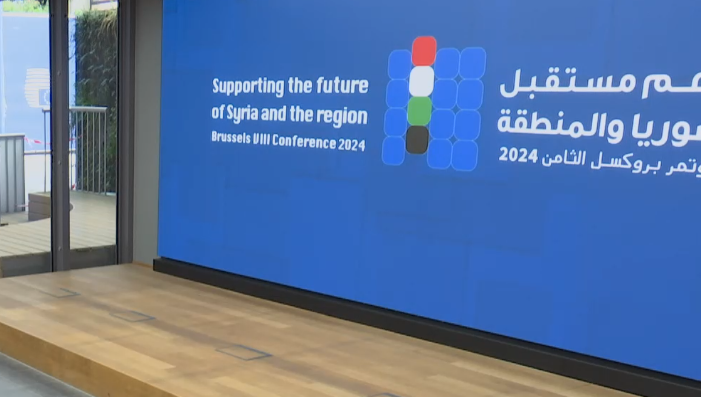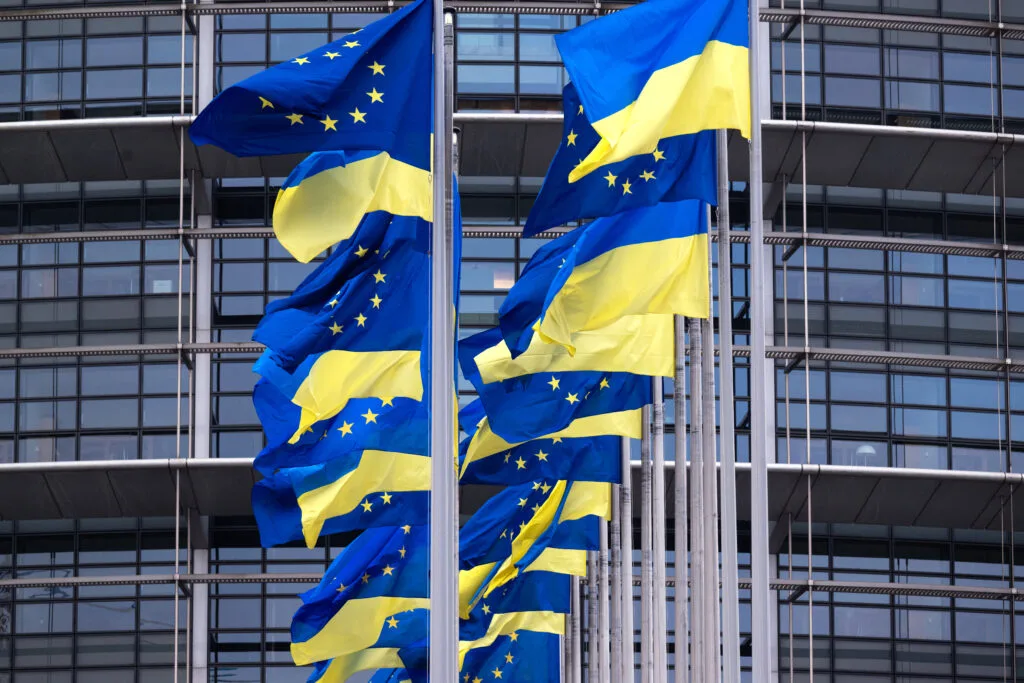Brussels – The world is changing and has already changed — and profoundly — and in this transformed scenario, the EU must know how to evolve, adapt, and act. It is the existential challenge of a Europe called to reflect on itself, and the new twelve-star course begins here from these reflections that the President of the European Council, Antonio Costa, strongly advocated in his very first summit of leaders as head of the EU institution. ‘EU in the World’ is the main theme of the agenda of a summit entirely devoted to foreign policy issues. Perhaps it is ambitious, but it reflects well the complexities of an increasingly sensitive global context.
“It is the beginning of a path,” the well-informed assured. There will be no specific conclusions on the issue, which Costa wants to leave open, to create a “shared vision” that seems lacking today. There is a tendency to have doubts and to move in short order. We must figure out how to act and relate to new partners, emerging powers, and allies who change attitudes. The reference here is to US President-elect Donald Trump. The goal is to build consensus for “an informal mandate,” the same sources assure, meaning unwritten policy commitments for the European Commission and European Council. In the changing world, the EU must change to avoid being left on the sidelines and try as much as possible to govern it.

In this sense, the newest challenge is Syria, which forcefully entered into the working agenda of EU heads of state and governments. The concern is for the process of rebuilding a country devastated by nearly 14 years of civil war. There are fears of new waves of asylum seekers, which is why European Commission President Ursula von der Leyen flew to Ankara to strike new deals for Turkey to continue to act as a cap and hold exiles and refugees. It is a step back by the EU on values of unity and acceptance, and in a changing world, it chooses a clear strategy.
The leaders’ summit aims to send a “clear” message about the need to stabilize the country and the region. The Middle East is a powder keg that has already exploded; there is a desire to bring back stability. The Arab-Israeli issue is a complex one, however, with the EU at loggerheads with the government of one Benjamin Netanyahu, considered by many around the table as the new international criminal. So far, the EU has shown it can do little, and the risk is that it will continue to do so. In the changing world, however, Israel remains another interlocutor to insist on but up to a point. “The situation in Gaza is a concern,” they admit in Brussels, but it has been worrying since Nov. 7, 2023, when the Jewish state began its armed response against Hamas. Little is moving, and they want to figure out how to move.

(Photo by PATRICK HERTZOG / AFP)
The leaders’ summit also seeks to reflect on the future of Ukraine because, in the changing world, there is no doubt that something can still be reshaped — in terms of alliances, relations, strategies, and even geographical maps. Ukrainian President Volodymir Zelensky is expected in Brussels to take stock of the situation, with EU partners ready to reiterate unwavering support to enable Kyiv to gain a strong position ahead of negotiations with Russian President Vladimir Putin that some around the table of the 27 member states hope for anyway. Costa’s line does not change: Ukraine must win this war, and the EU must stand by it until the end.
There is a shared feeling in European capitals that the conflict has reached a turning point. “We are at a critical moment,” qualified sources acknowledge. That is why “the EU needs to maintain support” — military, energy, and political. It is a test of the EU’s role in the world as this is where the EU stakes much of its ambitions and its ability to exert influence on the international stage. What is certain, the same sources acknowledge, is that in 2025, they want to give an extra 30 billion in support (including 8.5 billion from Russian assets), which is in addition to 124 billion euros guaranteed so far in various capacities: “We want to continue to put pressure on the Russian economy.” It is a hint of a strategy in an EU eager to find its place in the new world.
English version by the Translation Service of Withub






